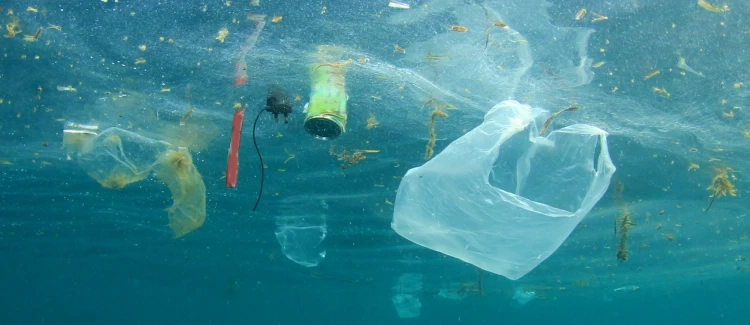In a world increasingly concerned about climate change and environmental sustainability, there is a growing emphasis on eco-friendly practices and investments. While this is undoubtedly a positive development, it has also given rise to a new breed of scams and fraudulent activities that prey on well-intentioned individuals and investors. These scams exploit the desire to make a positive impact on the planet and generate profits at the same time. In this Macropay Scam Alert, we will explore the world of eco-friendly scams and shed light on the dark side of green investments.
The Rise of Green Investments
As environmental awareness has gained momentum over the past few decades, green investments have become a popular choice for conscientious investors. These investments, often associated with renewable energy, sustainable agriculture, and environmentally friendly technologies, offer the promise of both financial returns and positive environmental outcomes. The appeal of these investments lies in the potential to align one's financial goals with their values and make a meaningful contribution to addressing global environmental challenges.
Common Types of Eco-Friendly Scams
1. Greenwashing
Greenwashing is a deceptive marketing practice employed by companies to make their products or services appear more environmentally friendly than they actually are. This can involve using misleading labels, false claims, or selective presentation of information. Investors who fall for greenwashing may unknowingly support companies that have little or no genuine commitment to sustainability.
2. Renewable Energy Scams
Investments in renewable energy projects are often targeted by scammers. These scams may involve fraudulent claims about the performance or profitability of a renewable energy venture. Investors can be lured into contributing money to projects that either do not exist or are not as promising as they seem.
3. Carbon Credit Fraud
Carbon credits are designed to incentivize businesses to reduce their carbon emissions. However, some fraudsters have taken advantage of this system by selling fake carbon credits or misrepresenting the environmental benefits of their projects. Unsuspecting investors may end up purchasing worthless credits.
4. Ponzi Schemes
Ponzi schemes, in which returns are paid to earlier investors using the capital of new investors, have been rebranded to appear green. Scammers claim to be investing in environmentally friendly projects and promise high returns. These schemes eventually collapse, causing significant financial losses for those involved.
Red Flags to Watch Out For
To protect yourself from eco-friendly scams, it's essential to be vigilant and recognize the warning signs. Here are some red flags to watch out for:
Guaranteed Returns: Be wary of investments that promise guaranteed high returns with little or no risk. No legitimate investment can guarantee this.
Pressure to Act Quickly: Scammers often create a sense of urgency, pressuring you to make quick decisions without adequate time for due diligence.
Lack of Transparency: If the investment lacks clear and detailed information about how funds will be used and what environmental impact will be achieved, it's a potential red flag.
Unsolicited Offers: Be cautious of unsolicited emails, phone calls, or social media messages promoting eco-friendly investments. Legitimate opportunities are typically not marketed this way.
Check Credentials: Research the company and individuals involved in the investment. Verify their credentials and look for reviews or news articles about them.
Protecting Yourself
To protect yourself from falling victim to eco-friendly scams, it's crucial to conduct thorough research and due diligence before investing. Here are some steps to follow:
Educate Yourself: Understand the basics of green investments and the associated risks. Knowledge is your best defense against scams.
Seek Professional Advice: Consult with financial advisors or experts who can provide guidance on the legitimacy of an investment opportunity.
Verify Information: Independently verify the claims made by the investment opportunity. Look for third-party assessments and certifications.
Check Regulatory Compliance: Ensure that the investment complies with local regulations and is registered with the appropriate authorities.
Trust Your Instincts: If an investment opportunity seems too good to be true or raises suspicions, trust your instincts and walk away.
Macropay Scam Alert in Conclusion
Eco-friendly investments can play a vital role in addressing environmental challenges, but they also attract the attention of scammers looking to exploit the growing interest in sustainability. By staying informed, conducting due diligence, and being cautious, you can protect yourself from falling victim to eco-friendly scams and ensure that your investments align with both your financial goals and your values. Remember that making a positive impact on the planet should not come at the cost of your financial well-being.


